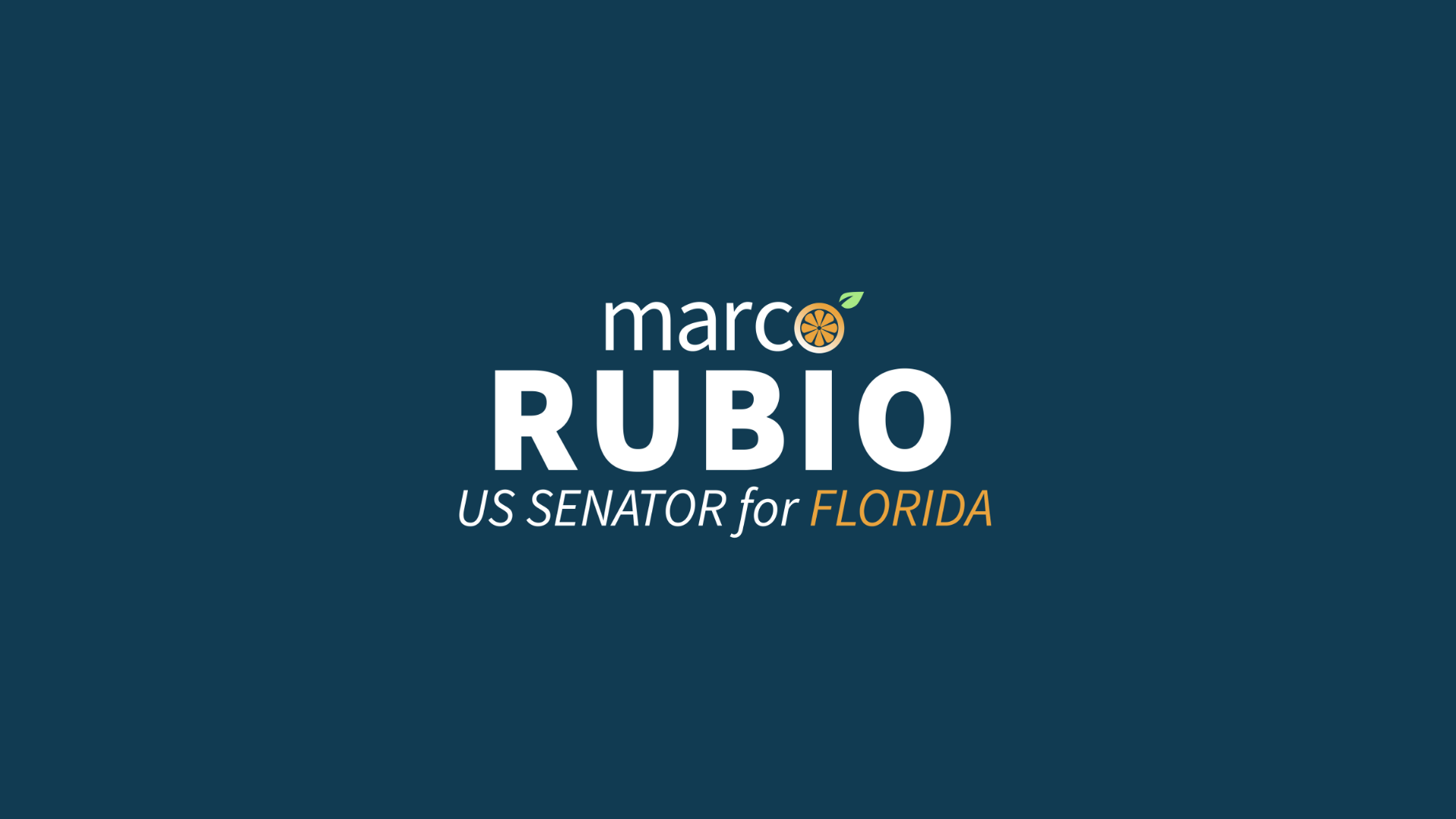Source: United States Senator for Florida Marco Rubio
Washington, D.C. — U.S. Senator Marco Rubio (R-FL) and colleagues applauded the Senate’s passage of their bipartisan resolution celebrating May 8, 2022 through May 14, 2022 as National Charter Schools week. The resolution recognizes the positive impact charter schools have when families have the opportunity to choose where their children receive an education, regardless of race, income, or zip code. Senators Tim Scott (R-SC) and Michael Bennet (D-CO) are original cosponsors.
Click here for the full list of original cosponsors.
The full text of the resolution is below.
Related:
Whereas charter schools are public schools that do not charge tuition and enroll any student who wants to attend, often through a random lottery when the demand for enrollment is outmatched by the supply of available charter school seats;
Whereas high-performing public charter schools deliver a high-quality public education and challenge all students to reach their potential for academic success;
Whereas public charter schools promote innovation and excellence in public education;
Whereas public charter schools throughout the United States provide millions of families with diverse and innovative educational options for the children of those families;
Whereas high-performing public charter schools and charter management organizations are increasing student achievement and attendance rates at institutions of higher education;
Whereas public charter schools are authorized by a designated entity and—
(1) respond to the needs of communities, families, and students in the United States; and
(2) promote the principles of quality, accountability, choice, high-performance, and innovation;
Whereas, in exchange for flexibility and autonomy, public charter schools are held accountable by the authorizers of the charter schools for improving student achievement and for sound financial and operational management;
Whereas public charter schools are required to meet the student achievement accountability requirements under the Elementary and Secondary Education Act of 1965 (20 U.S.C. 6301 et seq.) in the same manner as traditional public schools;
Whereas public charter schools often set higher expectations for students, beyond the requirements of the Elementary and Secondary Education Act of 1965 (20 U.S.C. 6301 et seq.), to ensure that the charter schools are of high quality and truly accountable to the public;
Whereas 44 States, the District of Columbia, Guam, and Puerto Rico have public charter schools;
Whereas, as of the 2020–2021 school year, more than 7,700 public charter schools
served approximately 3,600,000 children;
Whereas enrollment in public charter schools grew from 400,000 students in 2001 to 3,600,000 students in 2021, a more than ninefold increase in 20 years;
Whereas in the United States—
(1) in 234 school districts, more than 10 percent of public school students are enrolled in public charter schools; and
(2) in at least 27 school districts, at least 30 percent of public school students are enrolled in public charter schools;
Whereas public charter schools improve the achievement of students enrolled in the charter schools and collaborate with traditional public schools to improve public education for all students;
Whereas public charter schools—
(1) give parents the freedom to choose public schools;
(2) routinely measure parental satisfaction levels; and
(3) must prove the ongoing success of the charter schools to parents, policymakers, and the communities served by the charter schools or risk closure;
Whereas a 2015 report from the Center for Research on Education Outcomes at Stanford University found significant improvements for students at urban charter schools, and, when compared to peers in traditional public schools, each year those students completed the equivalent of 28 more days of learning in reading and 40 more days of learning in math;
Whereas a 2020 study from the Program on Education Policy and Governance at Harvard University found greater academic gains for students in charter schools than for students in traditional public schools who took the reading and math assessments administered by the National Assessment of Educational Progress (NAEP) in fourth and eighth grade between 2005 and 2017, and African American and low-income students attending charter schools were almost 6 months ahead of their peers in reading and math compared with students in traditional public schools over the 12-year span of the study;
Whereas parental demand for charter schools is high, and there was a 7 percent growth in charter school enrollment between the 2019–2020 and 2020–2021 school years; and
Whereas the 23nd annual National Charter Schools Week is scheduled to be celebrated the week of May 8 through May 14, 2022: Now, therefore, be it
Resolved, That the Senate—
(1) congratulates the students, families, teachers, leaders, and staff of public charter schools across the United States for—
(A) making ongoing contributions to public education;
(B) making impressive strides in closing the academic achievement gap in schools in the United States, particularly in schools with some of the most disadvantaged students in both rural and urban communities; and
(C) improving and strengthening the public school system throughout the United States;
(2) supports the ideals and goals of the 23nd annual National Charter Schools Week, a week-long celebration to be held May 8 through May 14, 2022, in communities throughout the United States; and
(3) encourages the people of the United States to hold appropriate programs, ceremonies, and activities during National Charter Schools Week to demonstrate support for public charter schools.
